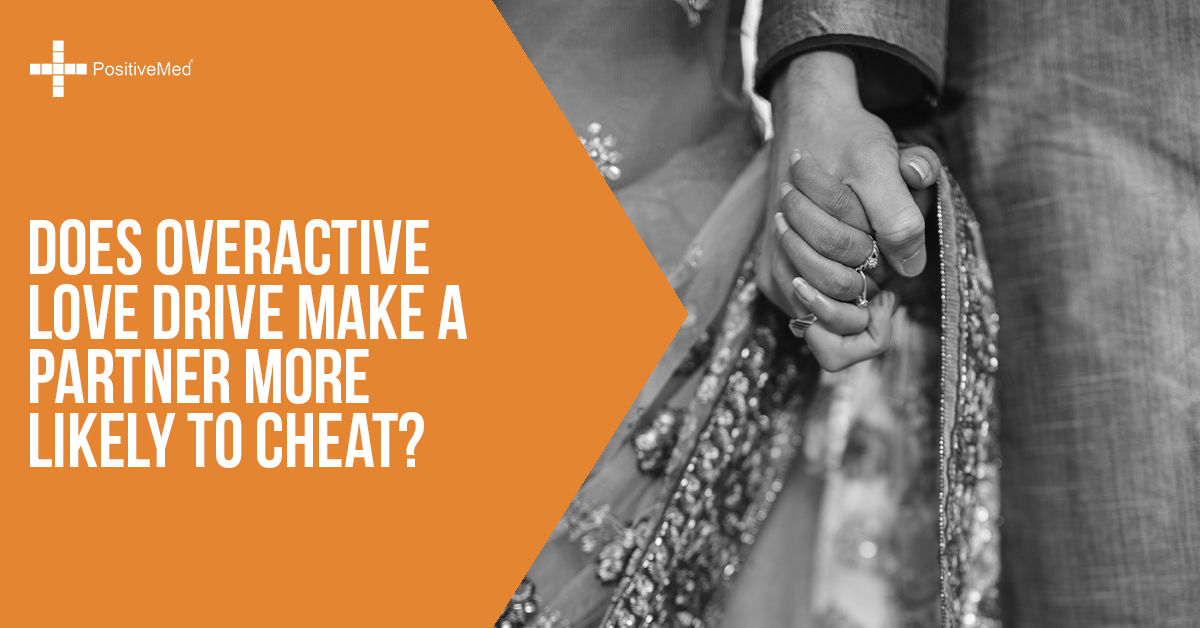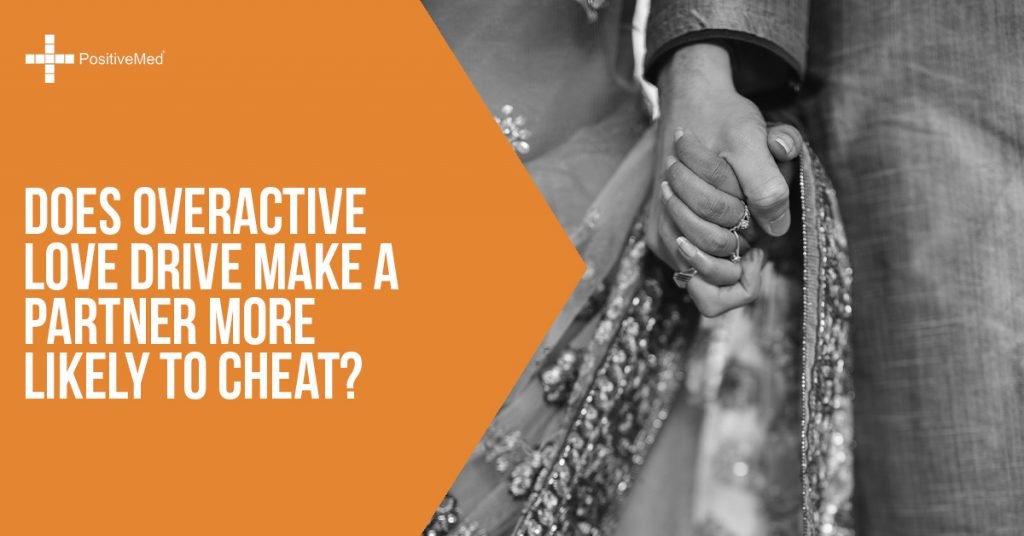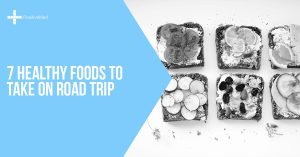It’s no secret that marriage is not a 100% guarantee of lasting love and commitment. Many marriages fail over the long-term, and many fail because one of the partners cheats and becomes involved with a romantic partner outside the relationship. Sadly, a lack of physical commitment to a partner is usually a sure-fire road to the destruction of the relationship, which is why it’s so important for couples to do all they can to remain faithful to each other.

The big question this all poses, however, is why do people cheat on their partner? Is it due to an overactive love drive? Many experts are studying this question, as it seems to point to the reason why relationships fail. A recent article in Psychology Today addressed the question of “love addiction,” which might also be called an inability to control the love drive.
People with an overactive love drive are known to be more likely to cheat on their spouses. This is a reality that must be dealt with in marriages where the two partners have different feelings and different drives.
What’s true, though, its that there is also a difference between having an active “love drive” and have a real addiction to constant physical closeness. Some people enjoy making love and need to do it frequently with their partner. There’s nothing wrong with this at all. Where this activity can go into the reality of addiction is when a person is losing control of their actions, as they fall under the sway of this “love addiction.”
RELATED ARTICLE: What’s Really Prevents People From Cheating
People who are “addicted to love” have a lack of control regarding the way making love makes them feel. They need to feel the incredible “euphoria” that the act of making love can bring them, and they need to feel it as much as possible. Obviously, having a non-stop craving for physical love can lead to some risky behavior, which would include having relations with a person outside their marriage or a committed relationship. Left unchecked, the risky behavior of a “love addict” can lead to even more difficult situations, including excessive touching of oneself.
One of the key issues to this kind of “love addiction” is that, quite honestly, it doesn’t really have much to do with love at all. Many people who have romances outside their marriage due to an “addiction” are just using the other person as an object. It’s a way to relieve stress and emotional numbness. The problem is that this kind of activity can ruin a marriage, adding even more stress and emotional stress to the addicted person.
In recent years, many high-profile celebrities who have been found to have broken their marriage vows with compulsive $exual behavior acted out with multiple partners. It’s these cases that have brought the issue of the overactive love drive and its effect on marriages into the forefront of the current conversation on marriage and commitment.
The big question regarding compulsive behavior that leads to cheating on a partner is whether it is treatable. Should a partner stay with someone who has cheated on them, due to an elevated “love drive”? Experts in the treatment of this condition indicate that it can be cured, or at least controlled, through behavioral therapy, 12-step style therapy, and even medication, as well as support groups. For this to work, the other partner in the relationship may be called on to offer patience and support, as well as an ongoing commitment to the marriage.
Some marriages have survived through long term therapy, patience, and the incredible love from the betrayed partner. So, there is hope for marriages as long as love endures, which is ultimately what marriage is all about, isn’t it?






